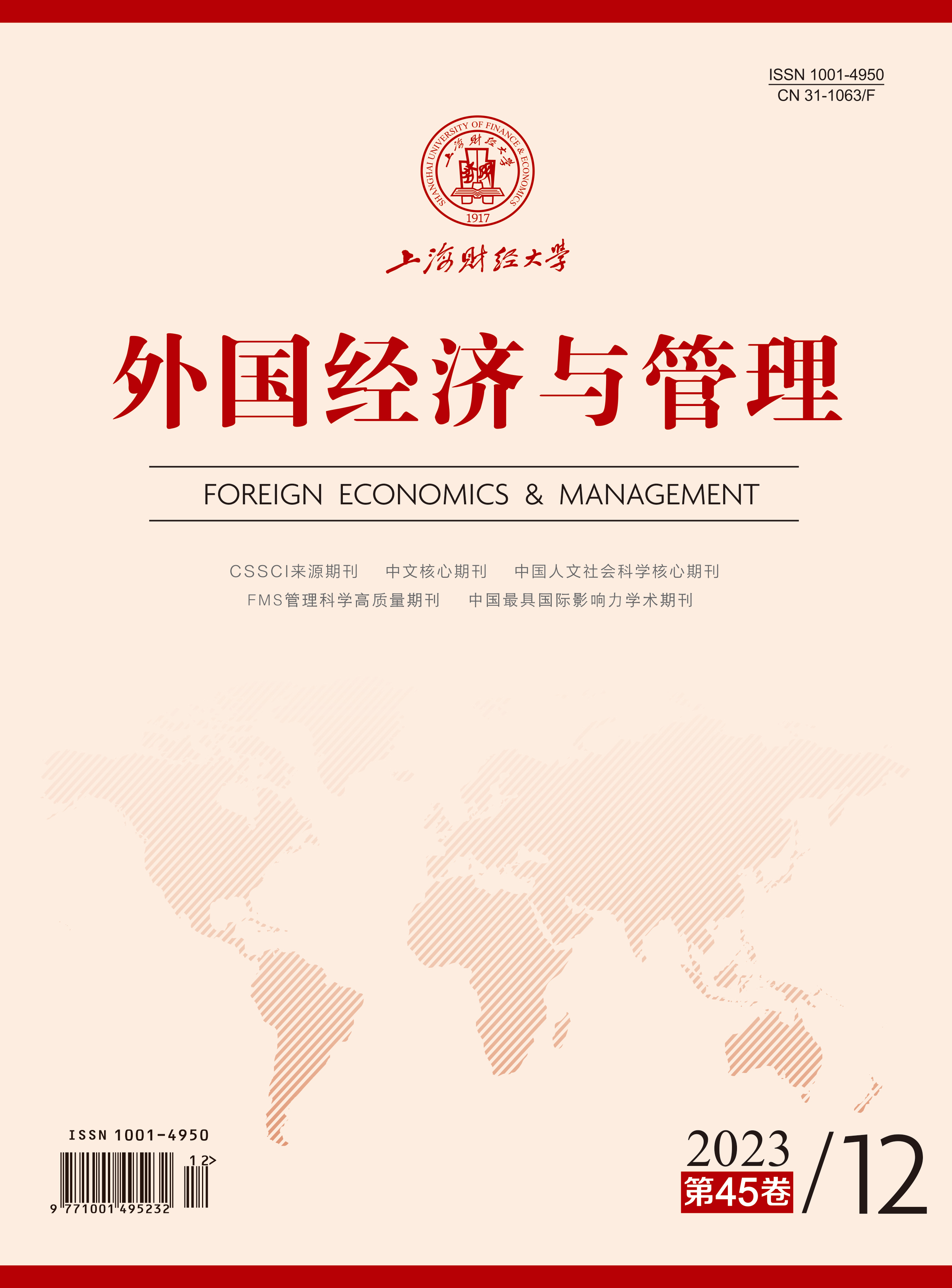Along with the increasingly enhanced trend of the externalization of labor relations and employment “involution”, the phenomena of overeducation and high turnover rate have become common in China’s labor market. However, the reason why these two seemingly contradictory phenomena coexist has not been systematically studied and answered. This paper selects the interactions between overeducation at the same educational level and turnover intention as a predictive variable of workers’ voluntary turnover behaviors as the research object, and theoretically analyzes the internal mechanism of the impact of overeducation on workers’ turnover intention. And on this basis, it applies the micro survey data of Chinese General Social Survey (CGSS) in 2015 and ordered Probit model to systematically study the impact and action mechanism of overeducation on workers’ turnover intention.
The results show that overeducation significantly strengthens workers’ turnover intention, and this conclusion still holds even after considering endogenous problems and a series of robustness tests. The mechanism analysis indicates that overeducation can enhance workers’ turnover intention by reducing both job satisfaction and job security. Further analysis shows that overeducation does not increase workers’ on-the-job training opportunities and their perception of external employment opportunities, which is more likely to be a stumbling block rather than a stepping stone in workers’ career development. This paper deepens and expands the theoretical elaboration mechanism of overeducation affecting workers’ turnover intention, and provides the thinking direction and empirical evidence for workers’ employment and enterprises human resource management in the context of borderless career.
The marginal contributions of this paper are that: First, it constructs the theoretical analysis framework of the impact of overeducation on turnover intention, and systematically expounds the internal mechanism of overeducation affecting turnover intention in theory. Furthermore, it deeply discusses the intermediary role of job satisfaction and job security in this relation. Second, it uses the data of China’s labor market to make a localization test on aforementioned relation, which enriches the literature and empirical evidence in this field. Third, it examines the stumbling block or stepping stone role of overeducation in the career development of workers from the perspectives of on-the-job training and external employment opportunity perception, opening the “black box” of the relationship between overeducation and turnover intention from multiple perspectives.





 2733
2733  3919
3919

